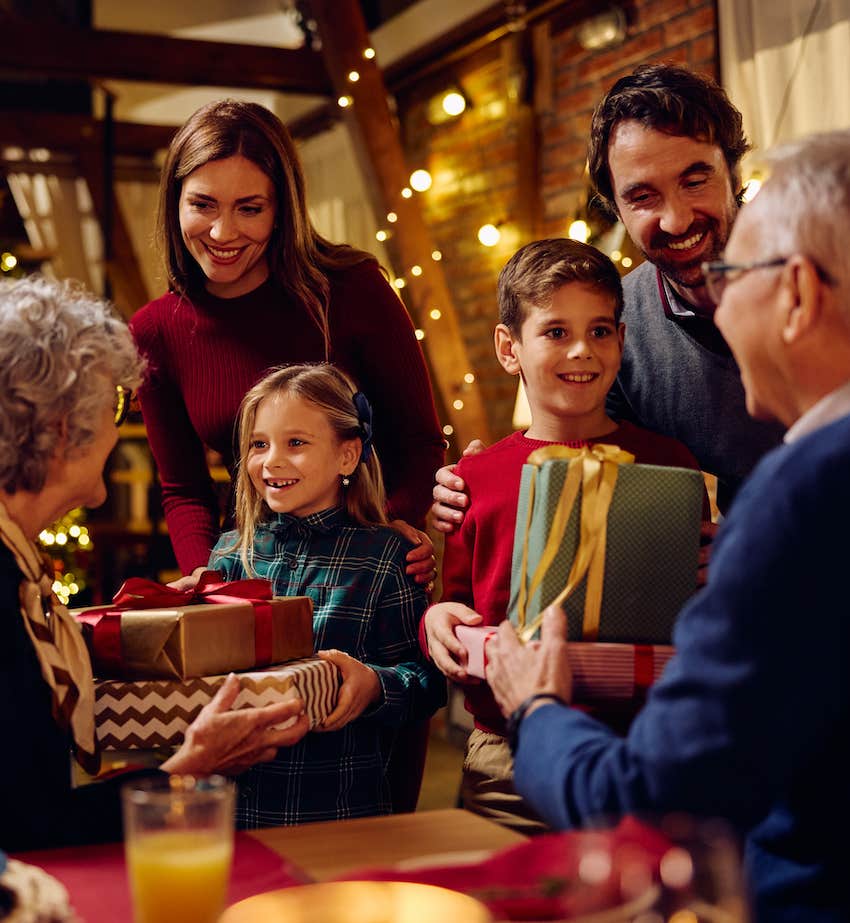How To Get Through The Holidays When Someone You Care About Is Struggling With Addiction
You are already aware that during the holidays, when societal messages tell us we should all be united, happy, thankful, and joyful, another often-hidden group is dreading this time.
Whether you are:
- a psychologist, social worker, counselor
- an ICU nurse,
- a teacher,
- even if you work in law enforcement,
You have witnessed the pain that results from those struggling with caring for someone with addiction.
Feeling shame instead of joy on our universally joyful holiday days
The fallout from active alcoholism in a parent or partner, a child, a grandparent, a close family friend, an uncle, an aunt, or someone you or your client wants to celebrate with but cannot is just heart-rending.
The result for those affected by alcoholism is often feeling shame for not being able to make life better for those they love, leading to developing feelings of helplessness and inadequacy, and unfortunately, concluding they are a terrible parent or an even worse child because they cannot change the one they love, who they know is also suffering, as supported by a study in Development and Psychopathology.
The outcome for many is that:
- During this painful, unhappy time, many try to avoid the hype of the holidays
- They may experience it as a cruel joke because being happy during this time of year has not been their experience
- They feel triggered by painful memories of their childhood disappointments due to a parent drinking or drugging.
- They experience a high level of frustration as they try to protect their siblings and, perhaps, their children from being disappointed again.
The result is people often feel humiliated they have not been able to change this cycle, even though they may work in the helping professions.
Making this the worst time of the year
Many children and adults feel that holiday time is the “worst time of the year” and that they “want it over, quickly,” as suggested by a study in the Journal of Studies on Alcohol. But this can be changed.
If this applies to some of your clients, or even you – try Al-Anon
The Journal of Groups in Addiction & Recovery explains how Al-Anon is a free, international mutual aid fellowship comprised of those who have been impacted by a loved one who struggles with alcoholism.
In virtual and in-person meetings, support and shared wisdom are based on a 73-year-old model of structured mutual support groups. It has worked for millions and may work for those you work with and even for you.
Give the gift of Al-Anon
 Drazen Zigic
Drazen Zigic
Give your clients, and perhaps even yourself, the gift of hope for the holidays.
- Through building fellowship with others who understand.
- Discovering they are not alone.
- Learning key concepts like detachment with love.
- And together, creating a path that builds inner strength and resilience.
Learn more on Al-Anon’s website. It is easy to use and provides navigation to in-person and virtual meetings.



